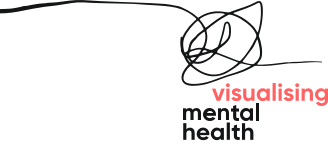habitat
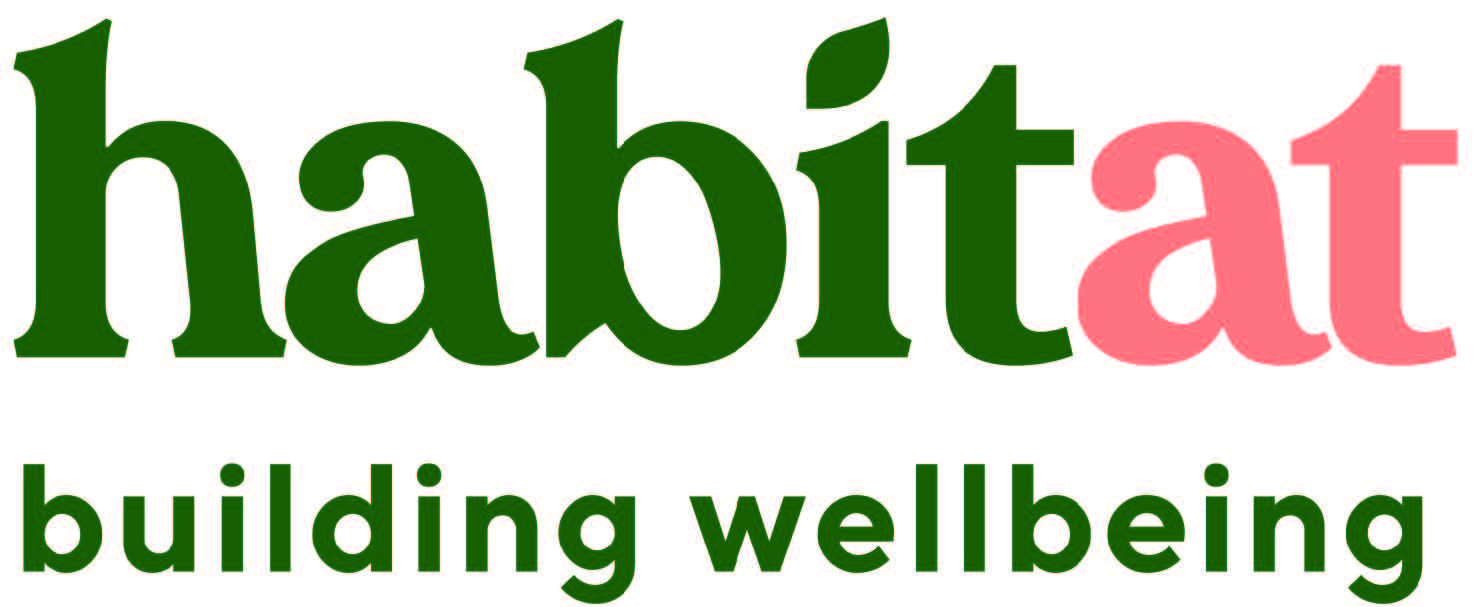
Habitat
Will Ballard | Brian Bolado |
Emma Horner | Leah Nolan
Spending time in nature has proven benefits to mental health and overall wellbeing, including decreasing stress hormones, heart rate and blood pressure, whilst improving cognitive function, overall mood and psychological wellbeing.
Experts say up to 120 minutes per week spent in nature, provides our brains with a much needed break from the cognitive demands of everyday life, and is the idea amount of time to noticeably experience some of the many documented benefits.
Research shows that almost half of Australia’s population between the ages of 16-85 experience mental health issues at some point in their life. From this, we felt it important to nudge people towards spending more time in nature – a free and accessible way to improve psychological wellbeing.
We hope to achieve this in the form of a diverse public information campaign appealing to the masses. By allowing us the opportunity to further engage with our audience we hope to provide habit building, achievable goals for individuals to integrate time spent in nature into their weekly routines.
By understanding the challenges of modern life, we have provided online resources to facilitate the implementation of our well considered and viable suggestions, along with easily understood educational information about the science behind the benefits of nature.
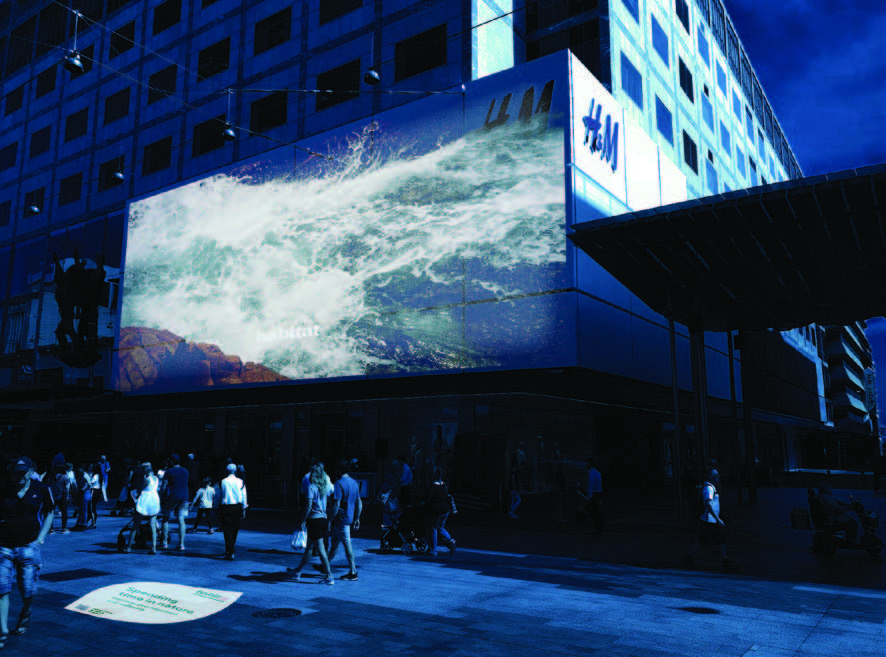
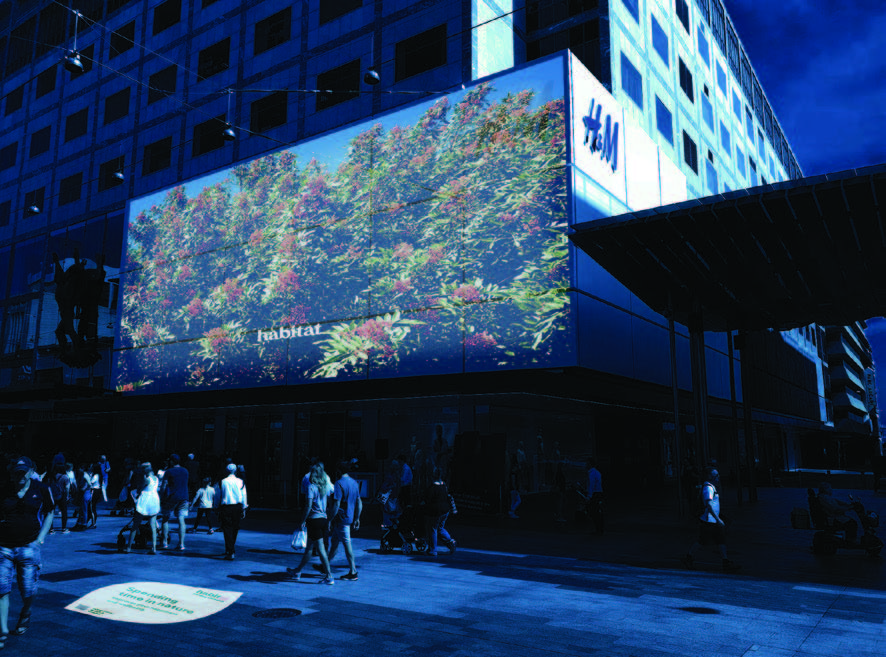
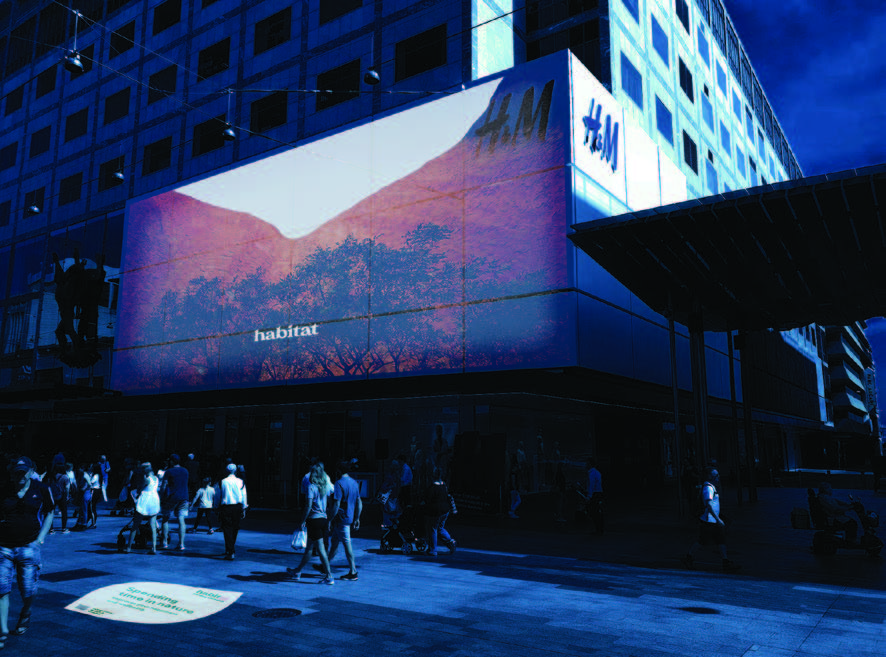
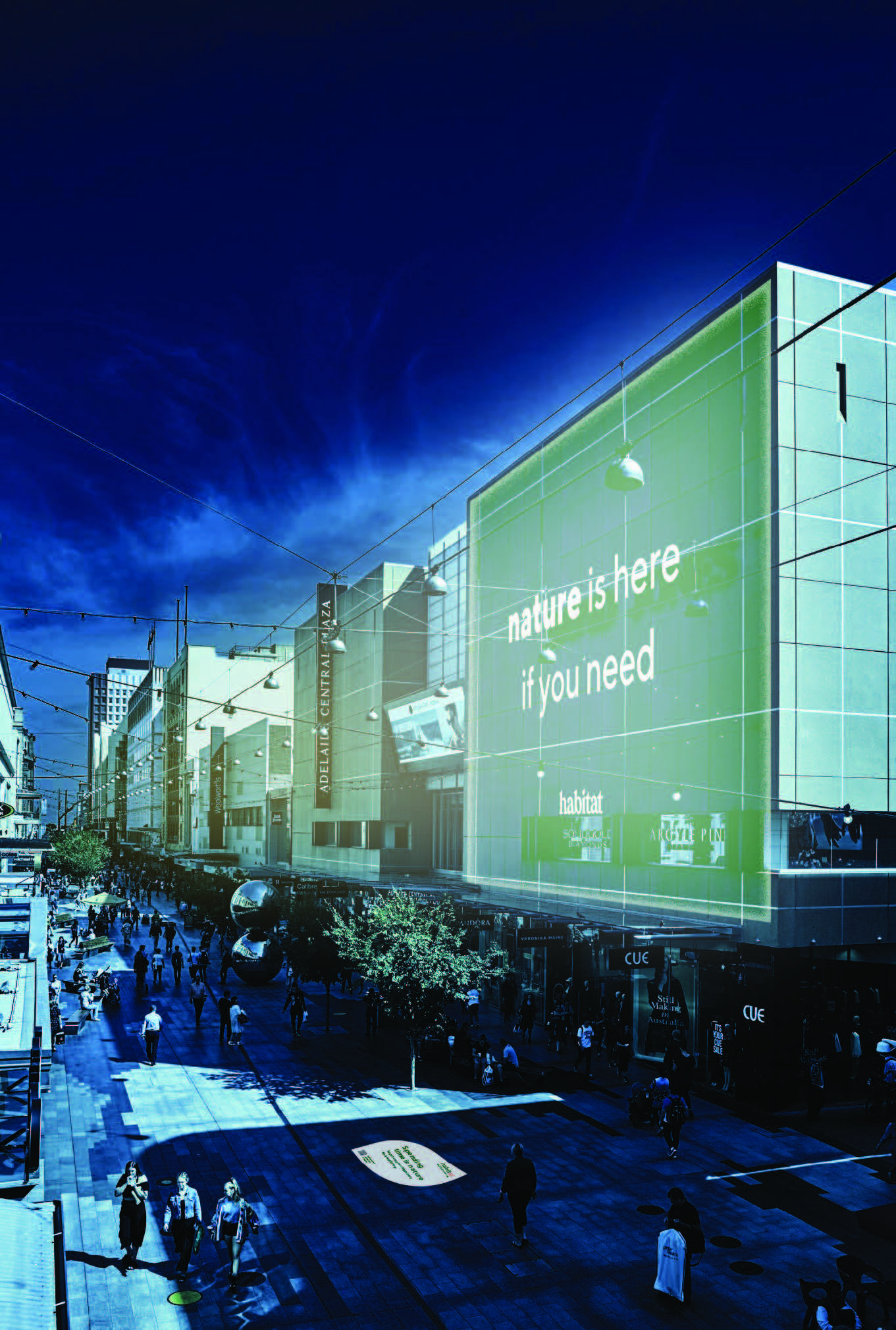
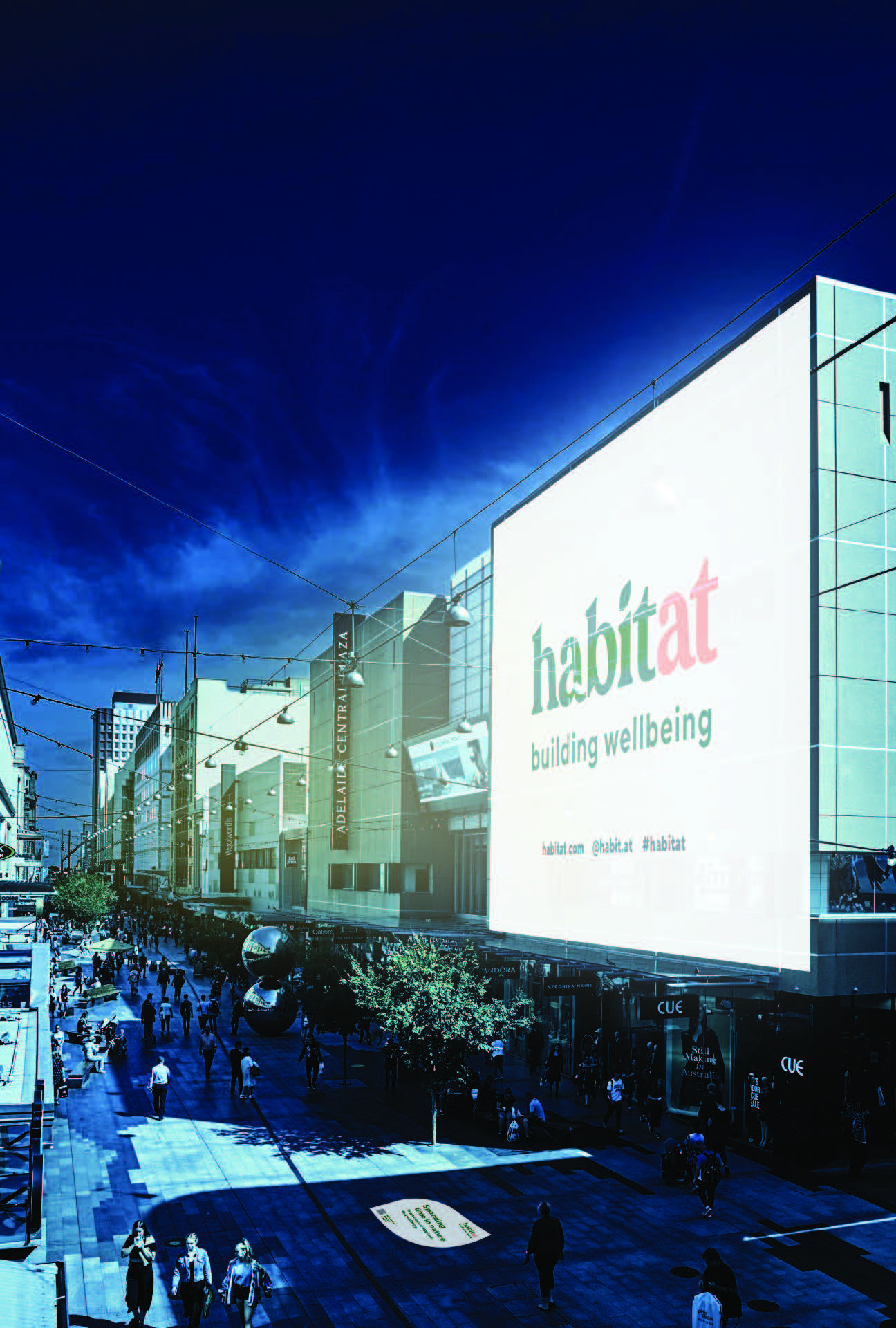
Large, night time projections onto buildings communicate the accessibility and beauty of nature. A gallery of different environments are projected on a short loop, and the sequence closes with a tagline to make nature’s presence known, followed by our branding.
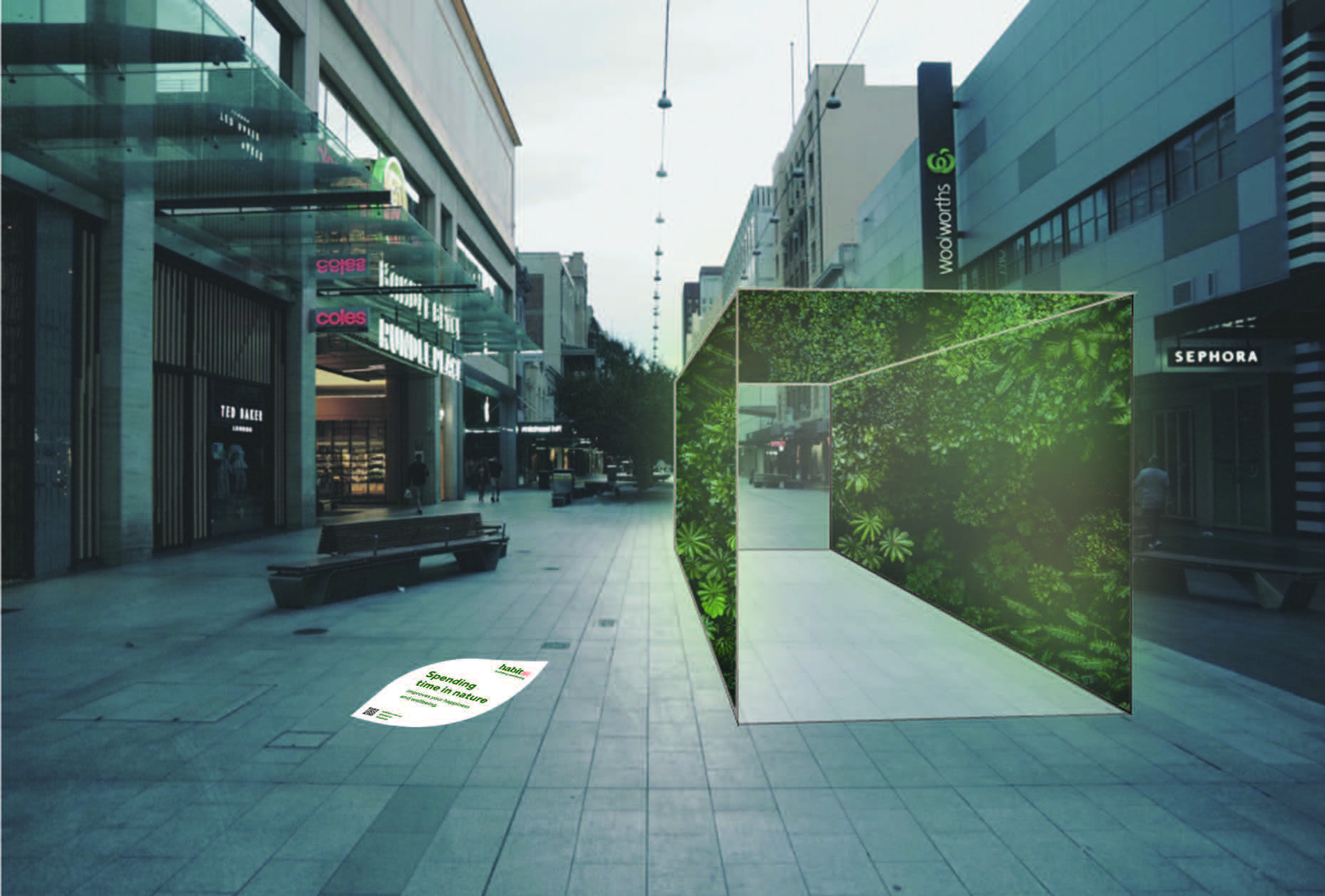
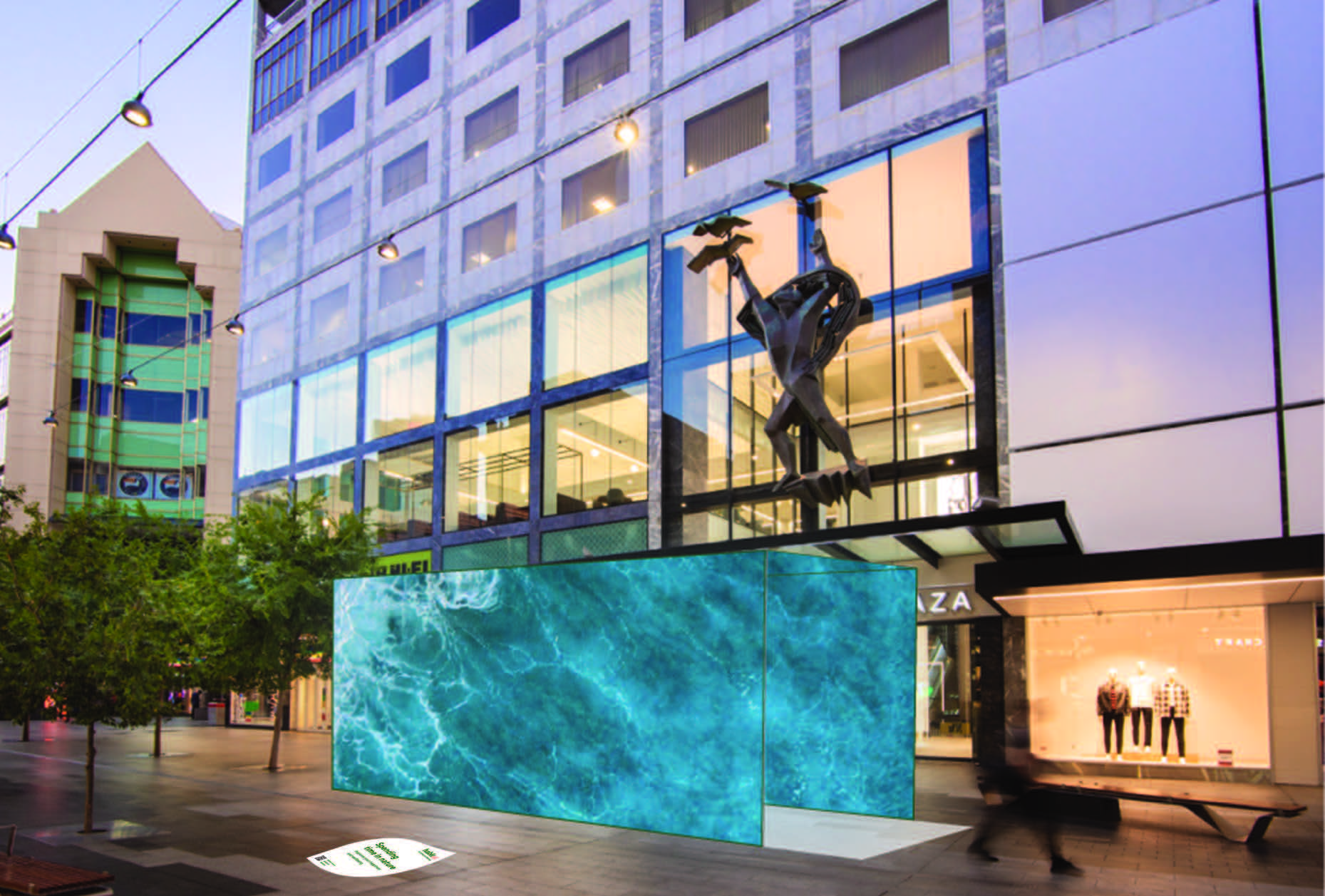
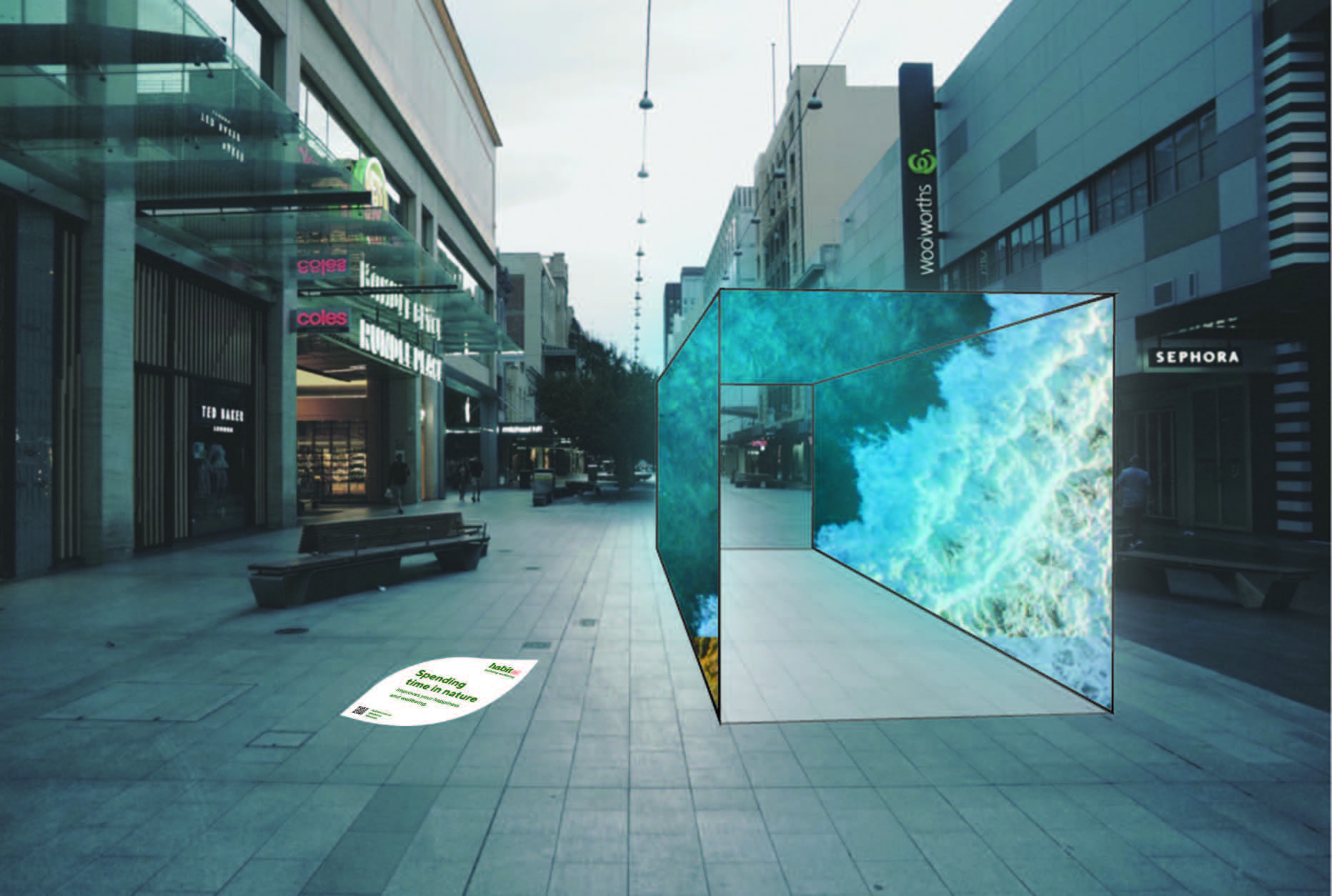
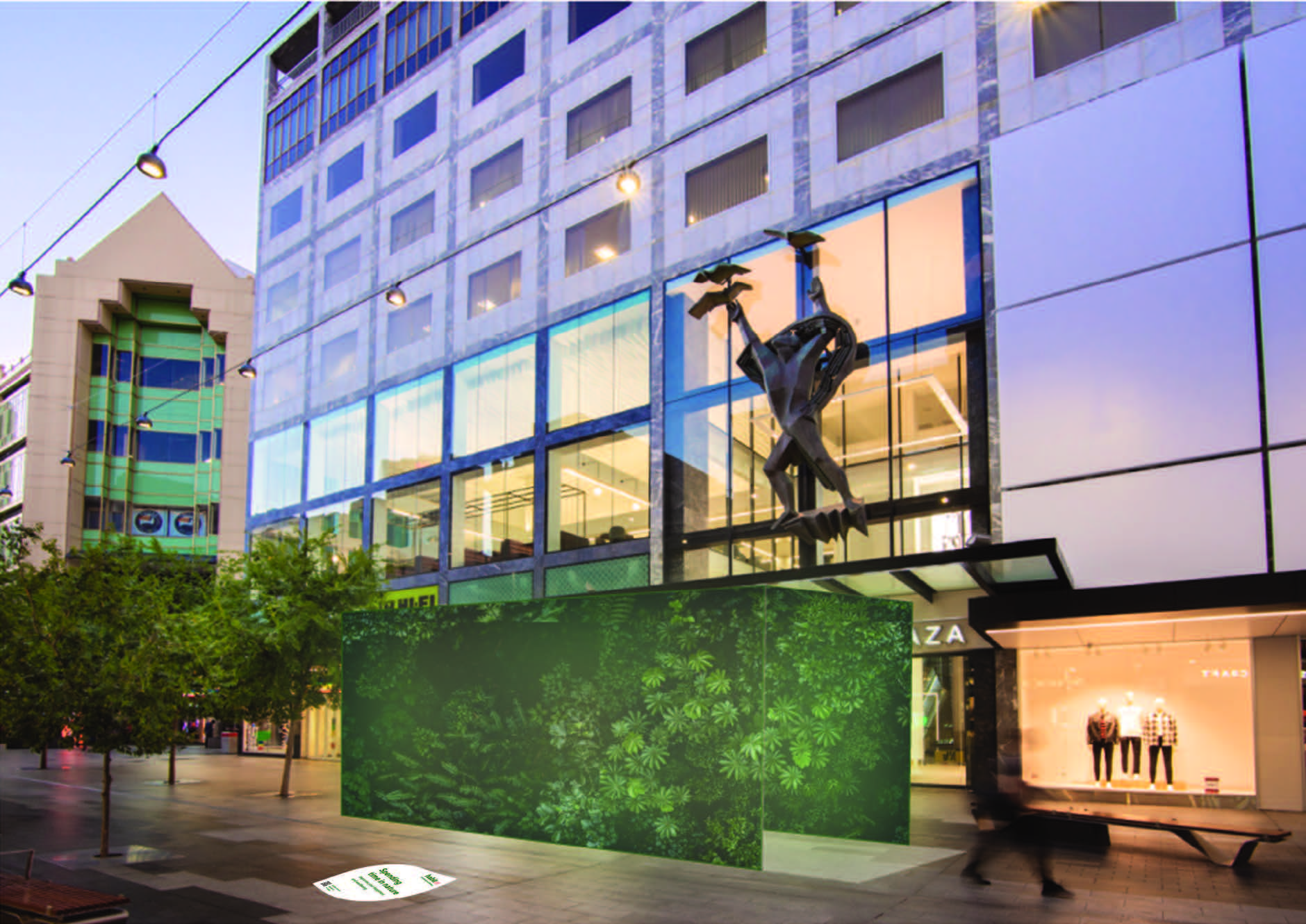
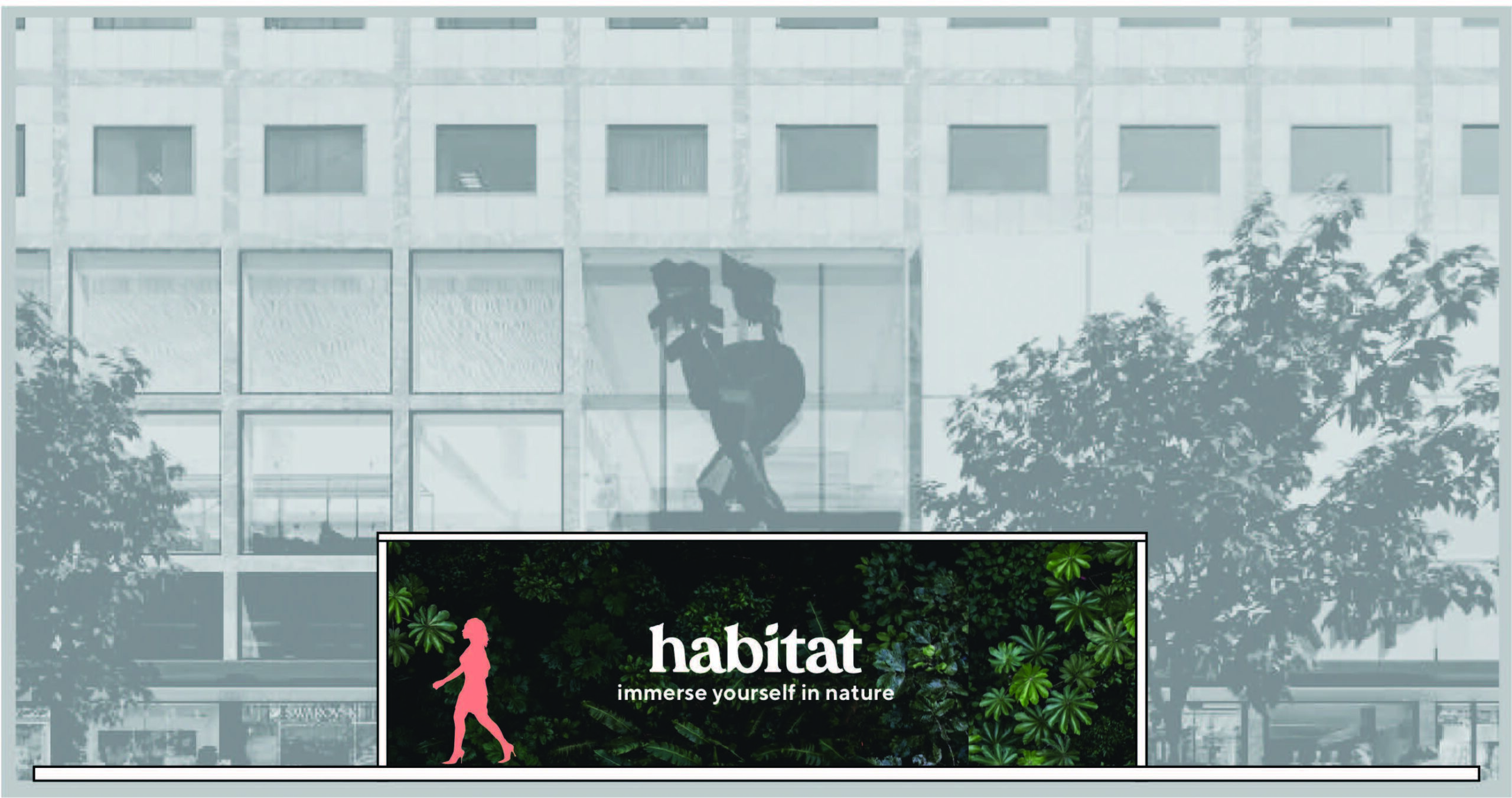
This installation is a solar powered shipping container, re-purposed to display scenic nature compositions and sounds —becoming a sensory walkway for the public to make their way through and around, gently reminding them of the beauty of nature, nudging them to spend more time in it.
In this concept, we’ve taken the iconic The Spheres sculpture (known colloquially as The Mall’s Balls) and surrounded it with a freestanding vertical garden, peaking the interest of the general public and exposing them to our branding and cause. Inside, they will see the garden reflected in the sculpture, and as the walls feature a garden on both sides, the installation will have the added bonus of bringing more vibrancy to the area.
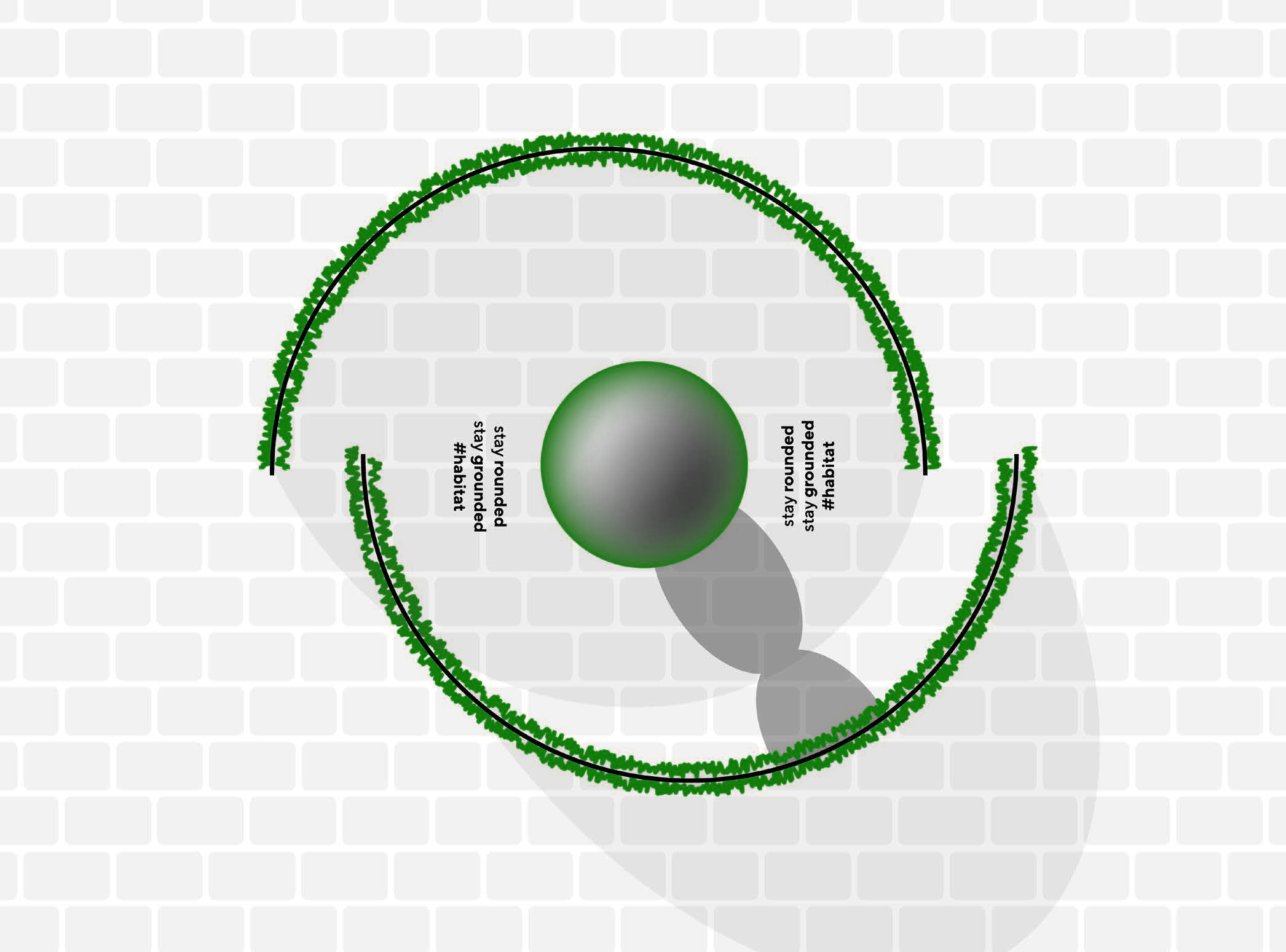
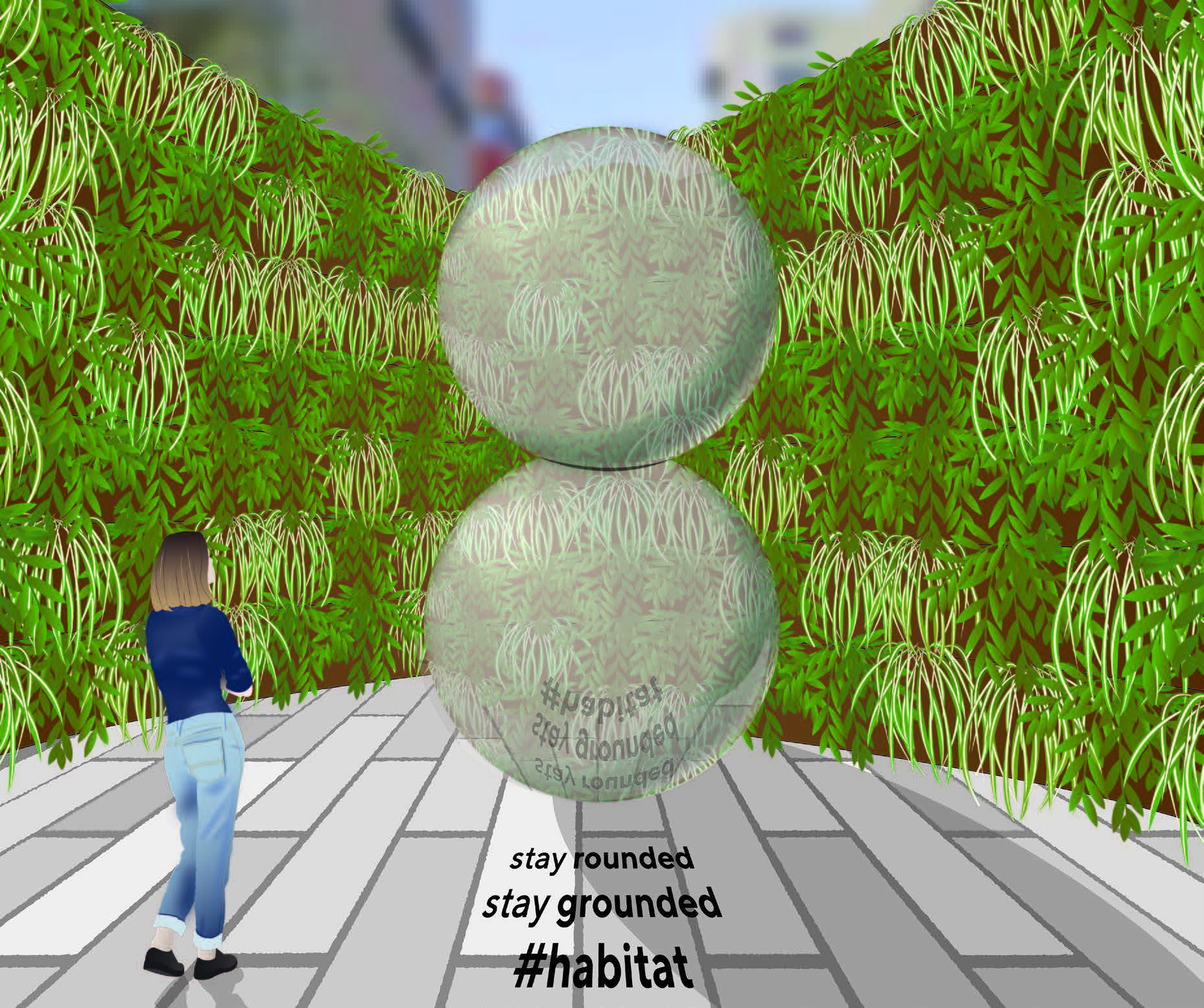
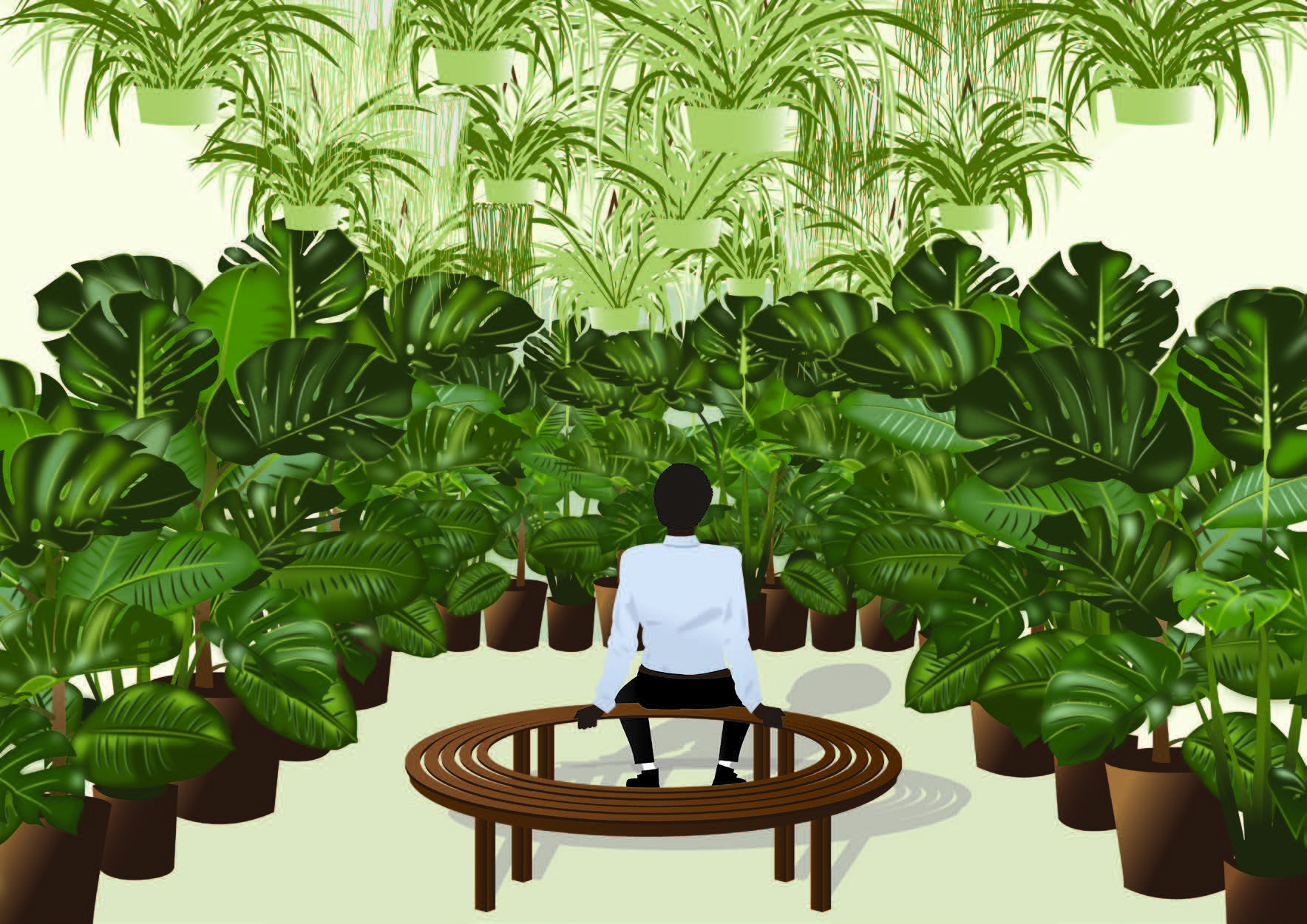
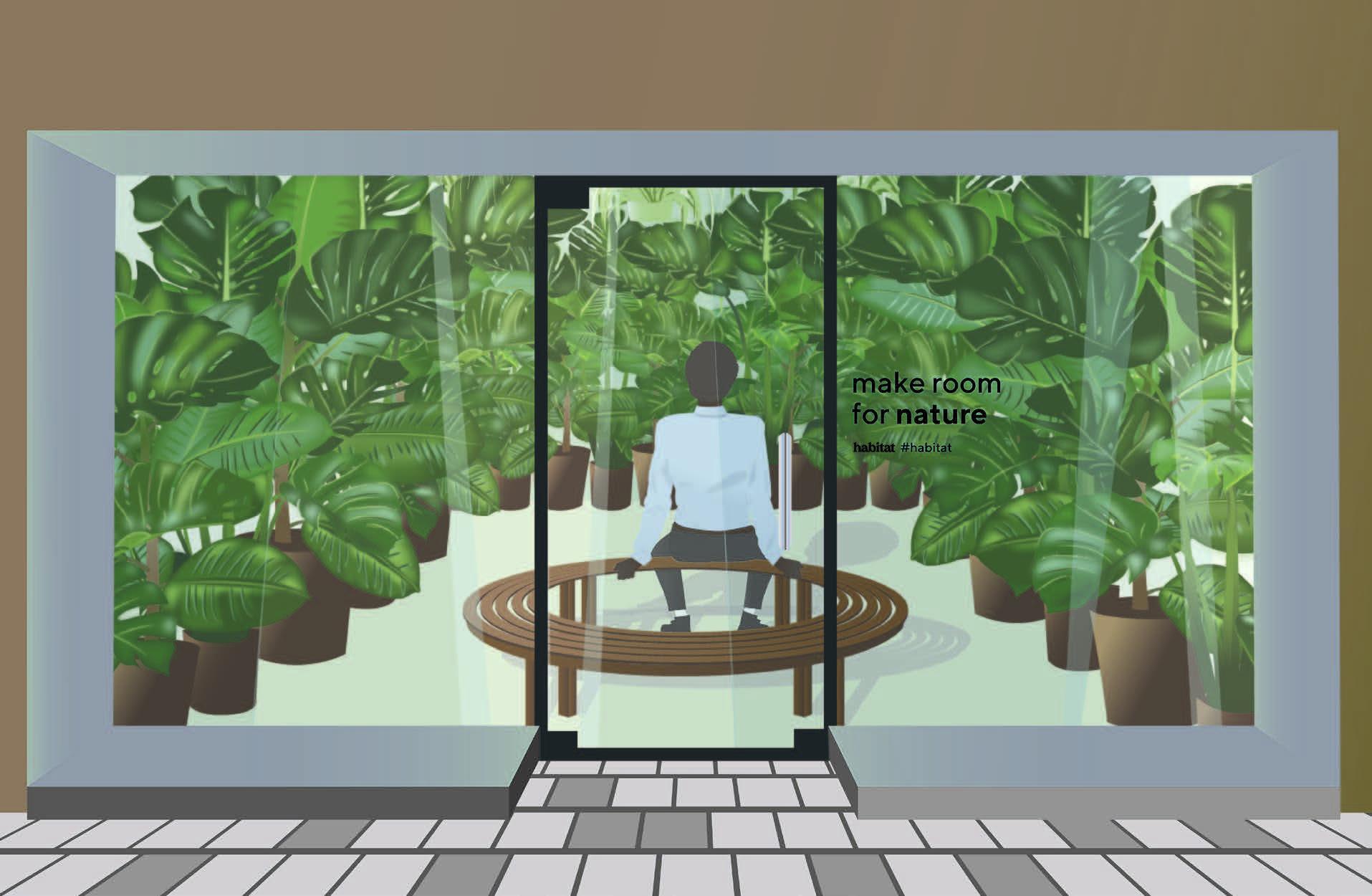
This living plant installation capitalises on empty retail spaces to provide the general public with a green space to relax in. Creating a space like this is a highly effective way to nudge people towards spending more time in nature, as they will actually experience some of the benefits of nature, at the same time as we are gaining their attention and exposing them to our branding.
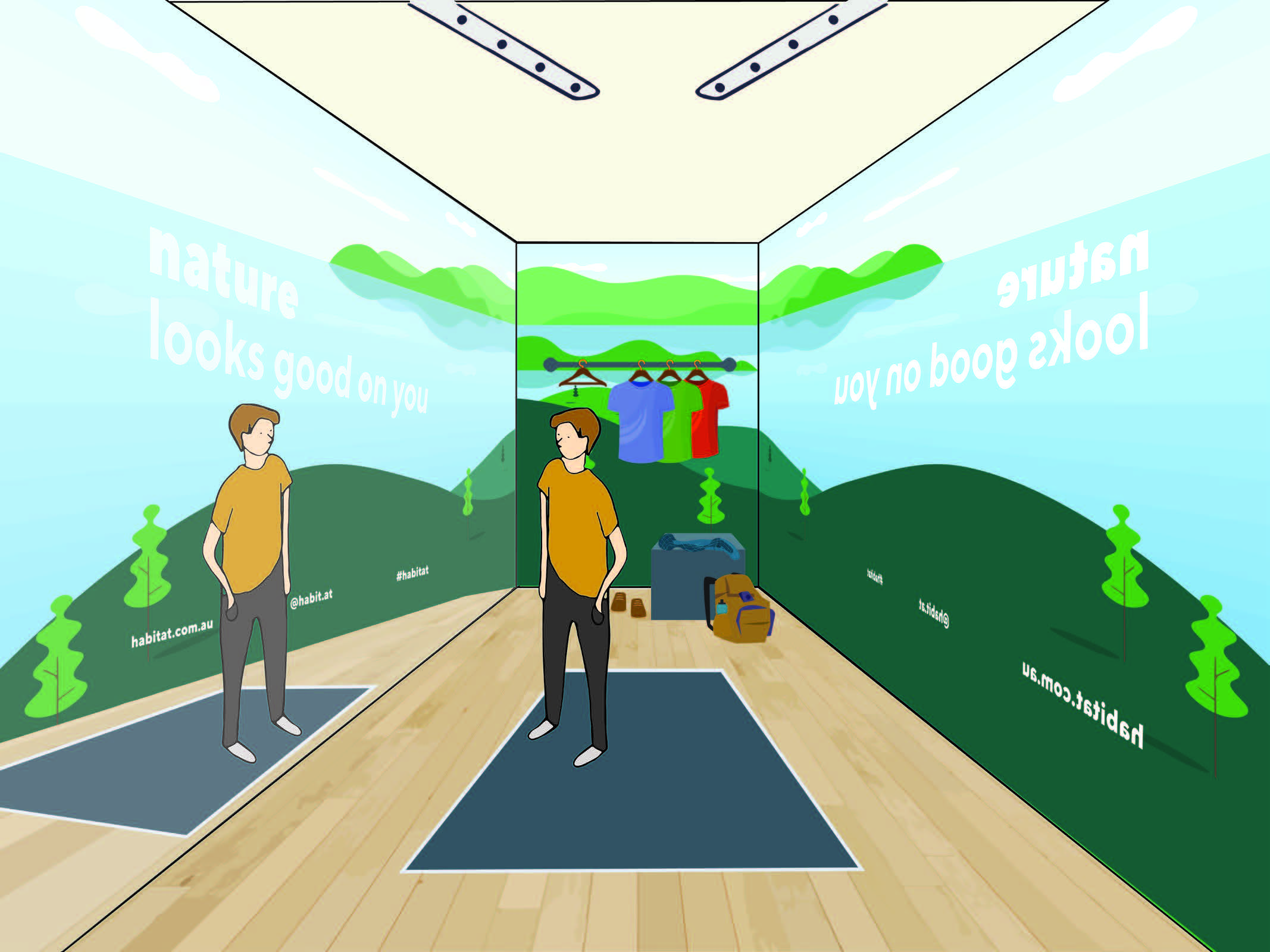
This concept is a nature themed makeover of a store fitting room. By covering the walls with scenes of nature, the shopper is able to visualise themselves outside, whilst the tagline ‘nature looks good on you’, is seen above their reflection when they look in the mirror.
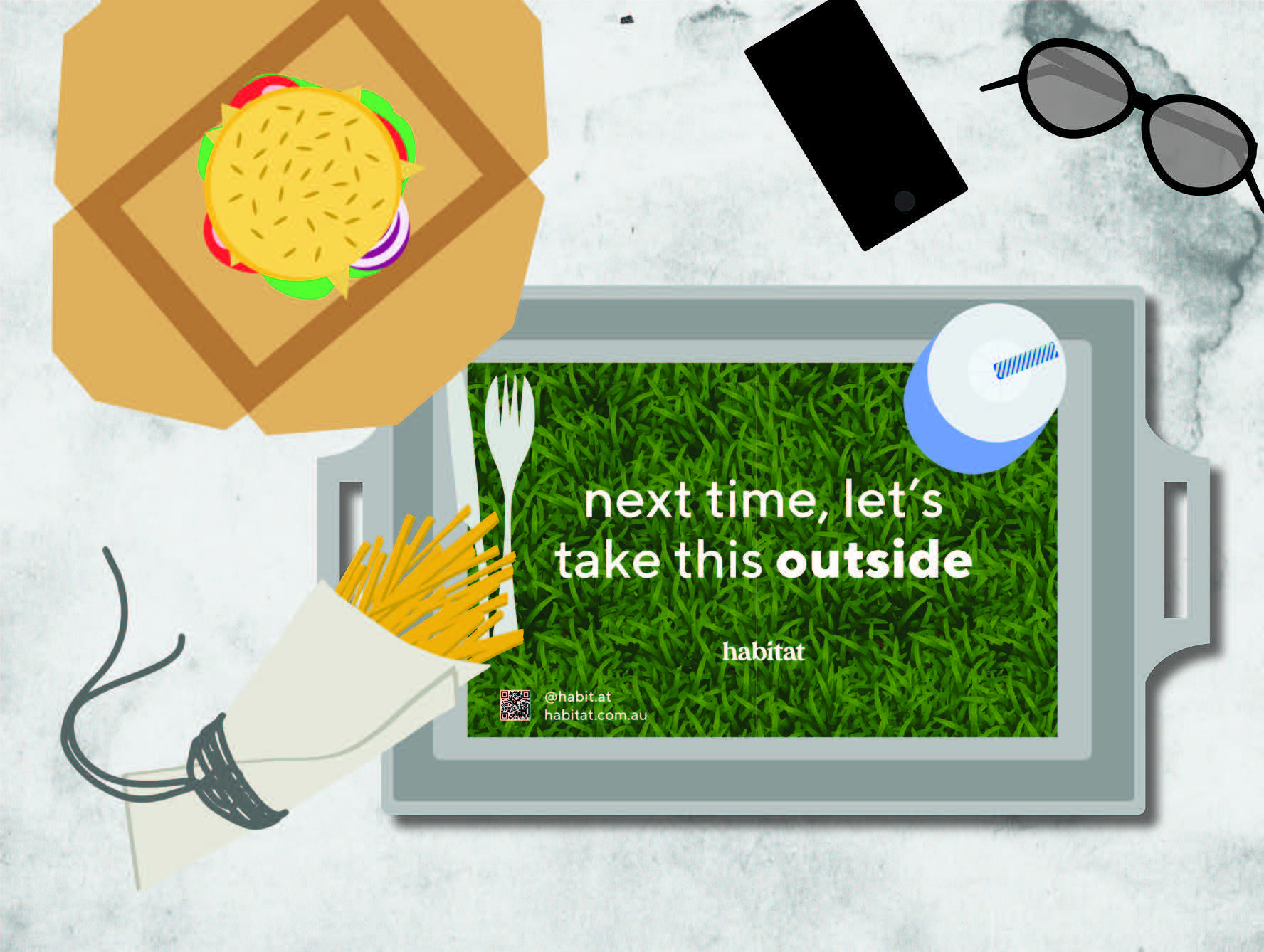
Our final concept is a tray liner to be used on food court trays, featuring imagery of grass with the prompt ‘next time, let’s take this outside’. It acts as a simple reminder that instead of sitting in the artificially lit food court, they could opt to eat their lunch outside as an easy way to spend more time in nature.
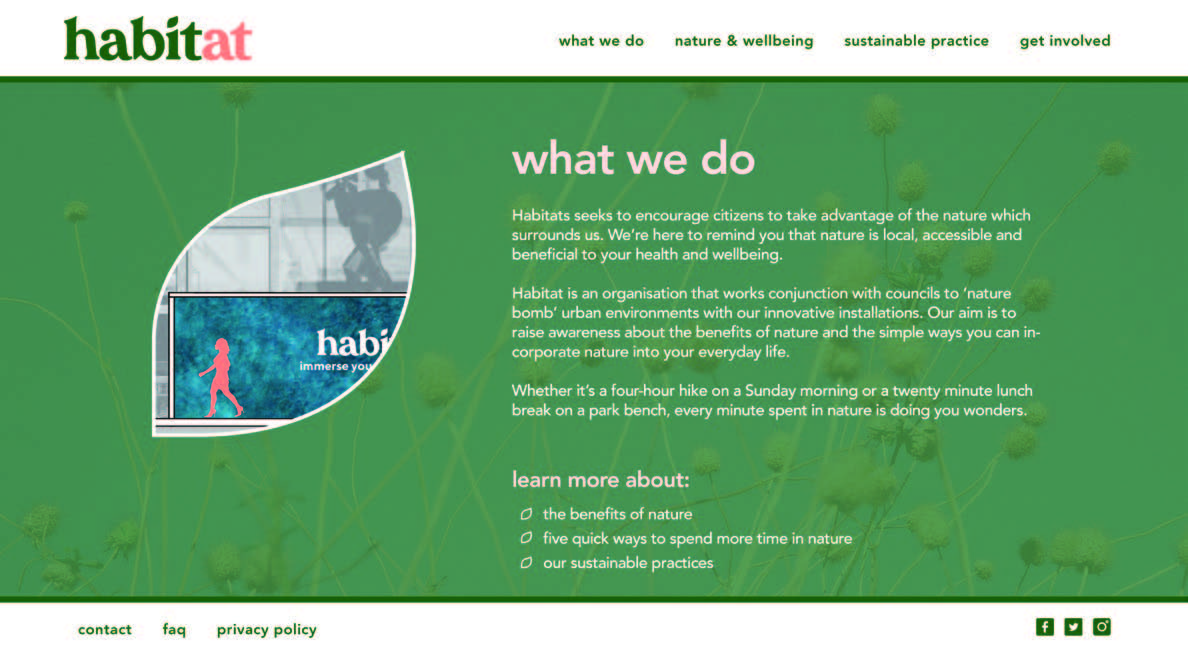
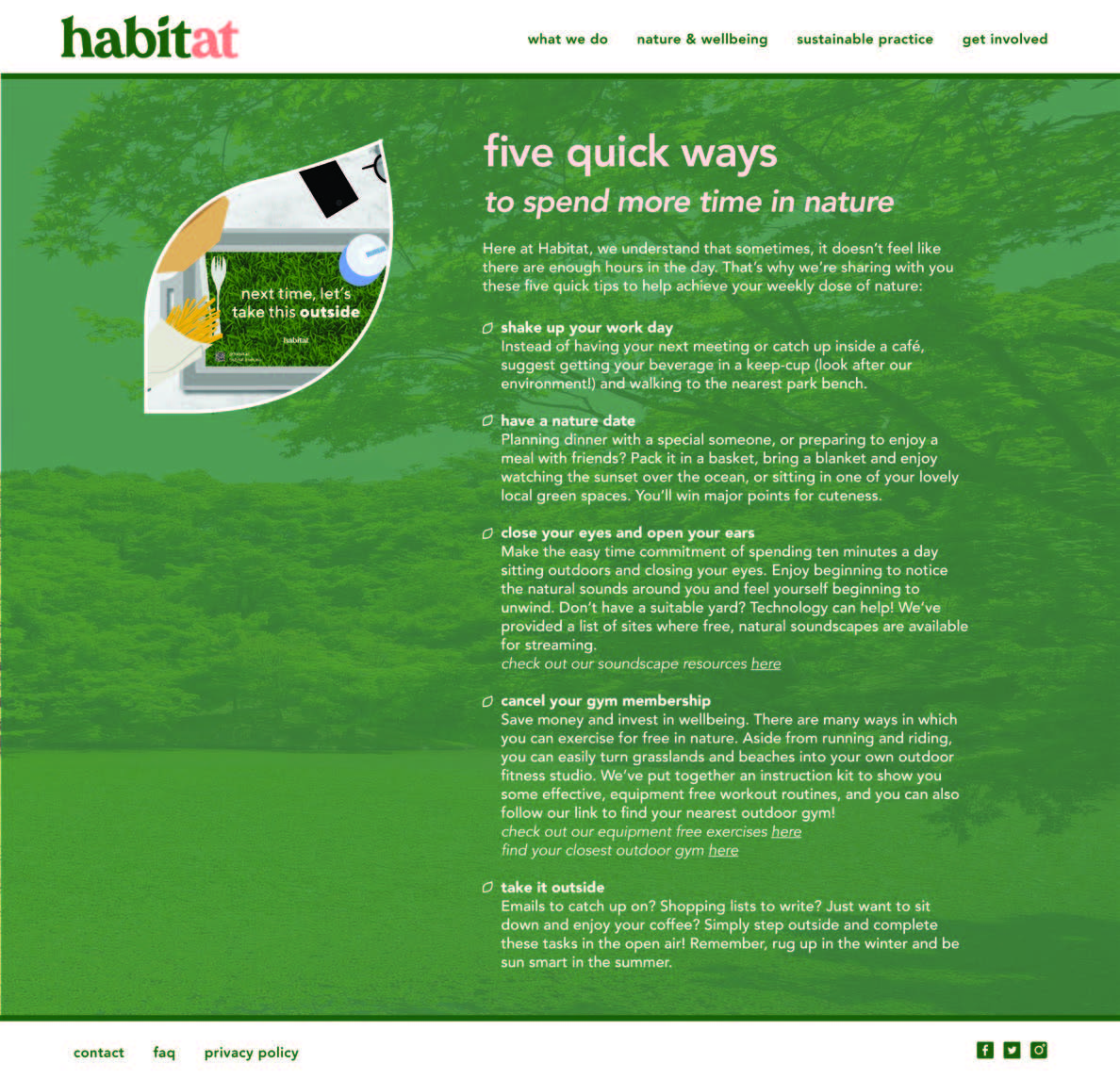
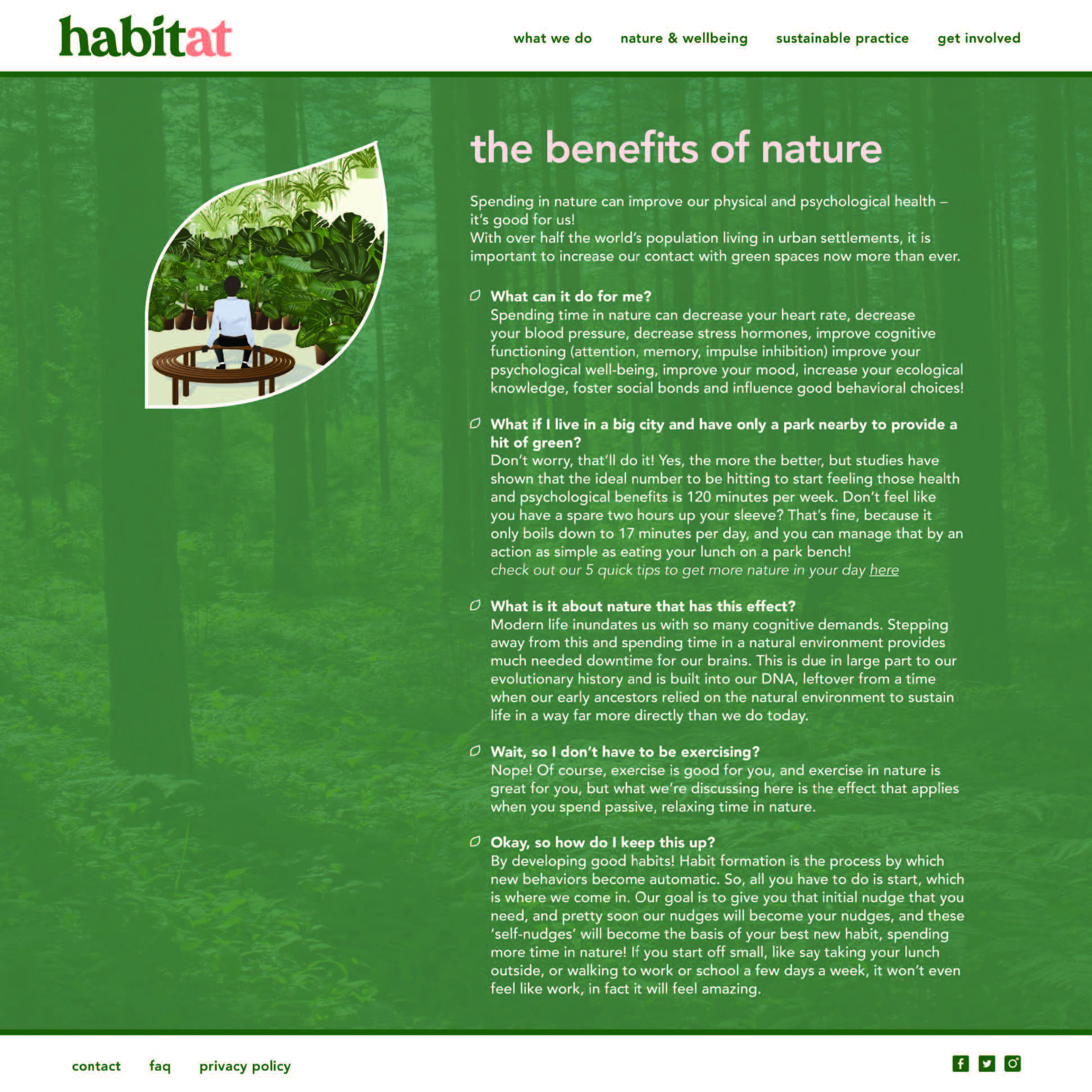
Throughout our campaign, we have used a QR code to help connect people to our website. Information on our website includes the details of our organisation and what we do, a breakdown of the benefits of spending time in nature, tips and resources to help people fit more nature into their routines, and information about our ethical and sustainable business practices.
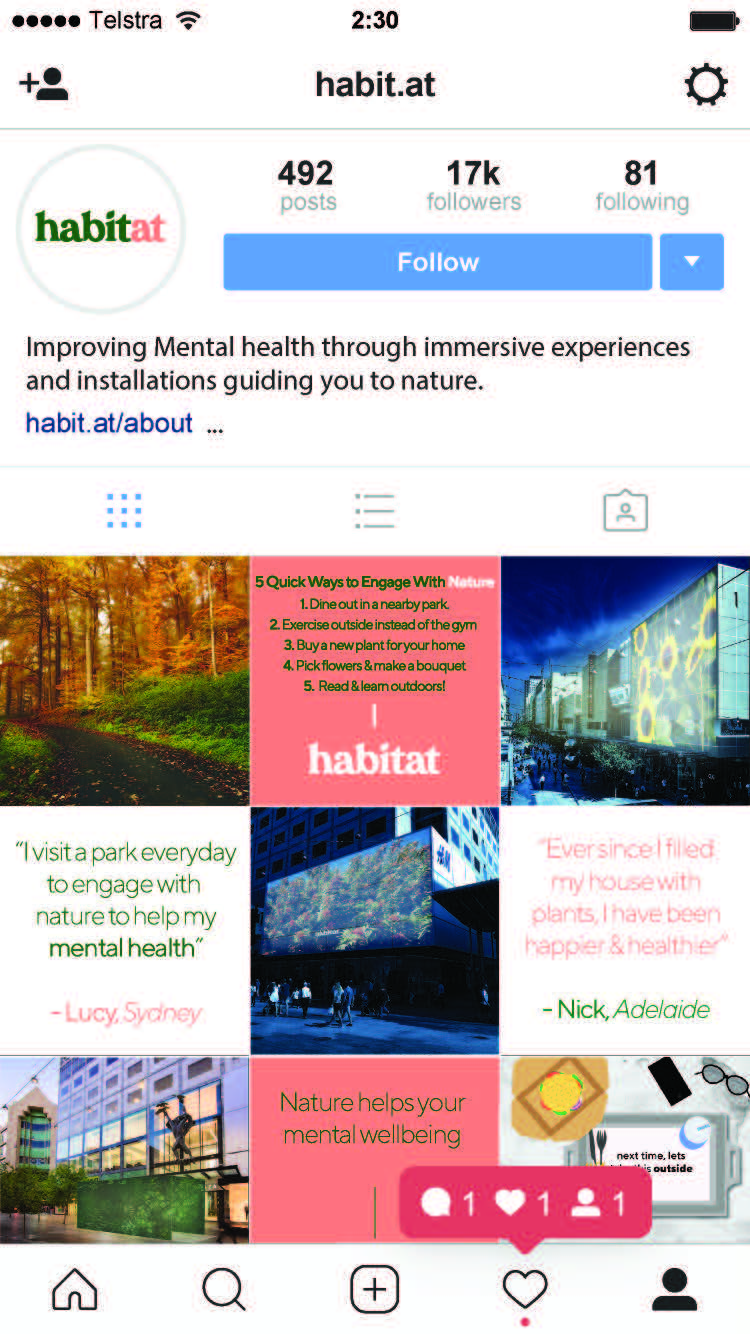
The Instagram feed is the main hub to display our installations. We’ve designed the feed to showcase our work—posting tips, tricks and facts on how nature can help your mental health using our brand language.
We have also created the hashtag #howyouhabitat to allow people to submit photos of them engaging with nature after interacting with our installations.
Tags
Interested in taking this project further? Contact Dr Gareth Furber at gareth.furber@gmail.com.
